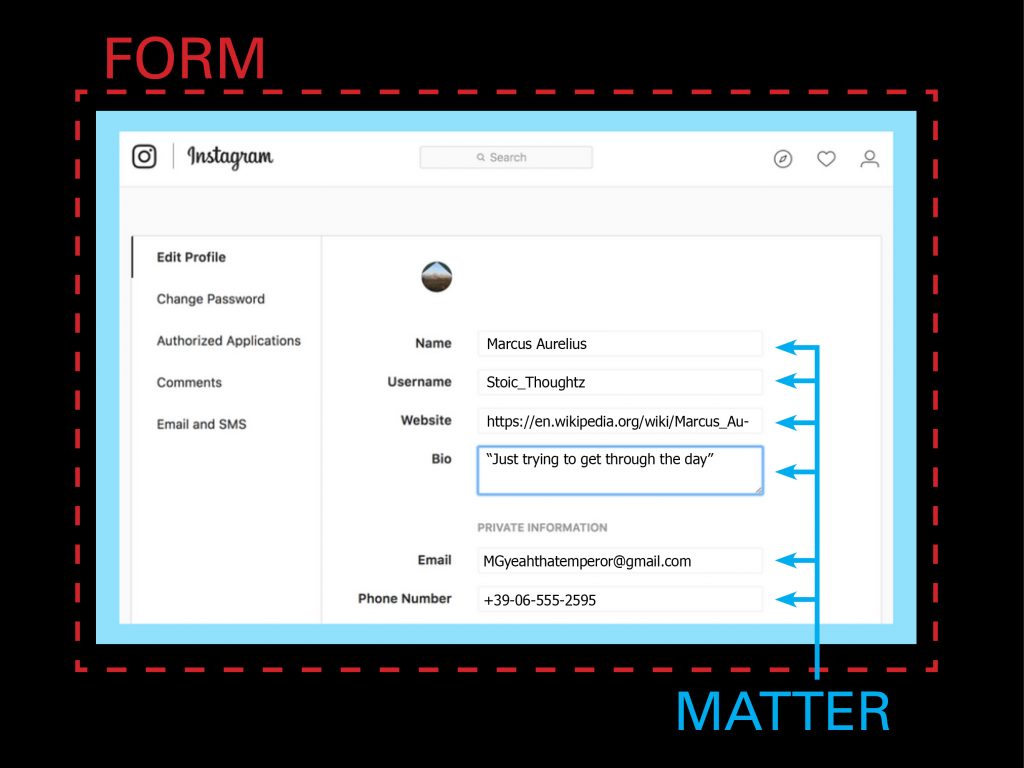At the Los Angeles Review of Books, Paul Chan observes that while the data we generate through online activity (especially social media) is clearly valuable to companies like Facebook and Google, we lack any conception of its non-commercial value to us. To help develop such a conception, Chan makes an intriguing parallel between online personal data and Ancient Greek notions of the soul. Like the soul, writes Chan, our data is abstact and disembodied, and it will go on existing after we die. Check out an excerpt from the article below.
That our data is valued by others seems clear, but what is its value to us? It is difficult to picture something one cannot see or feel, so truly reckoning with this abstract and immaterial substance called “our data” can be challenging. We may feel the effects of its exploitation and abuse but might not be able to put a finger on what “it” actually is.
Perhaps we need a way to conceptualize, or picture, what our data is to us. That conceptualization should also convey the vital significance data has in our present and future concerns. This has been done before. Think of how labels and photographs changed the attitude toward cigarettes. The dangers of smoking were difficult to comprehend until warning labels and images of cancer-infested lungs and dying patients ravaged by emphysema were introduced to the public. A picture at its best can render the true scope of an experience.
Is there a way of understanding our data that could be compelling enough to illuminate the evolving relationship between what we do online and who we are in real life?
Image by Paul Chan, via LARB.
